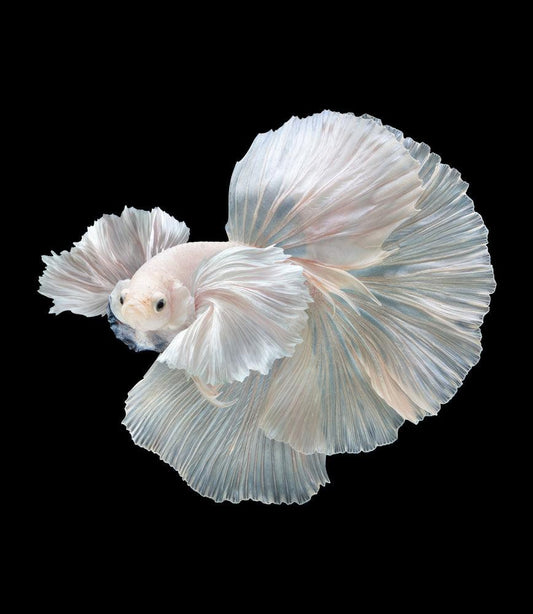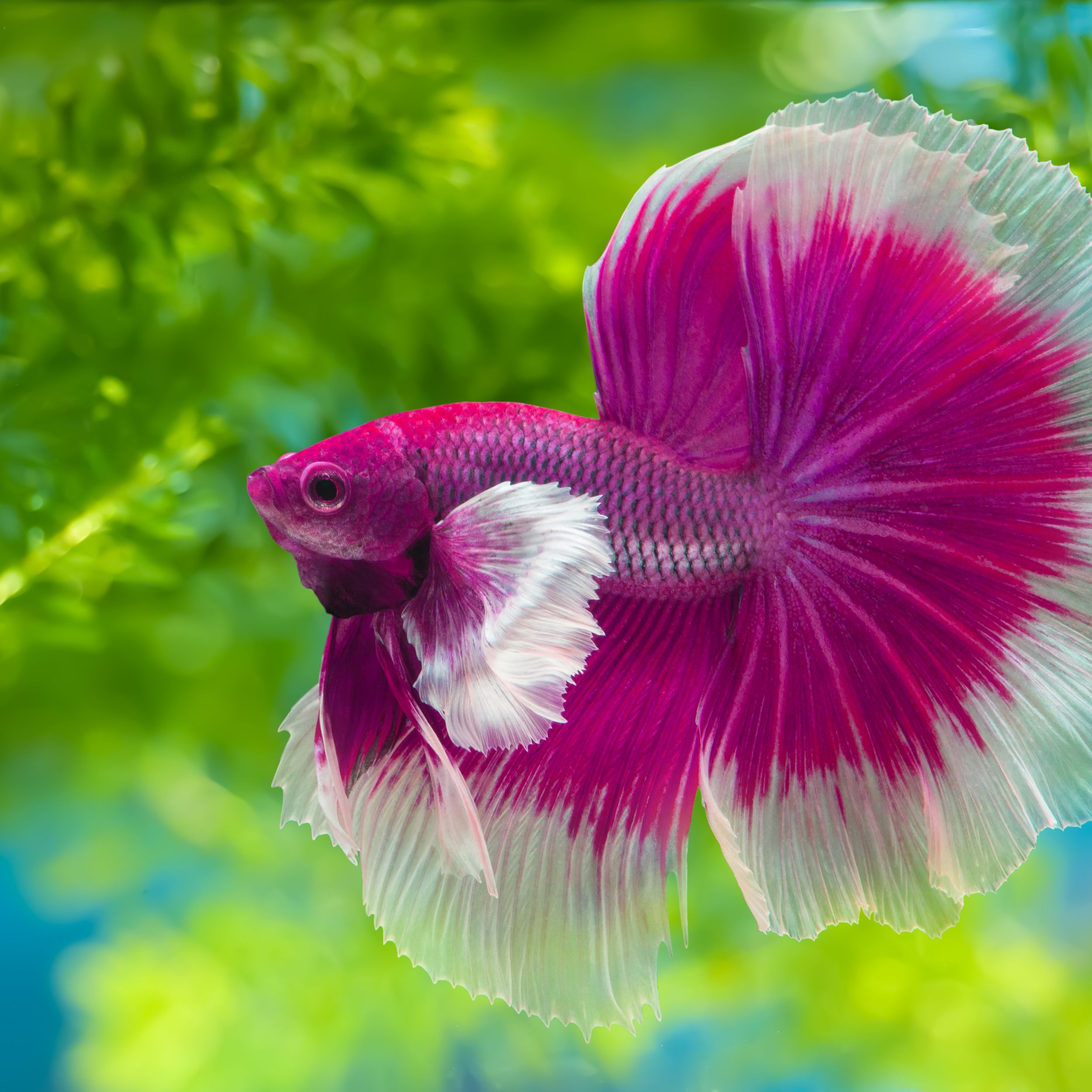The Ultimate Betta Fish Treatment Guide for New Pet Dog Owners
The Ultimate Betta Fish Treatment Guide for New Pet Dog Owners
Blog Article
The Ultimate Overview to Betta Fish Treatment: Vital Tips for Keeping a Healthy And Balanced and Thriving Aquarium Environment
Reliable Betta fish treatment necessitates a thorough understanding of their unique environmental and physical demands. Developing an ideal fish tank starts with selecting the right tank dimension and ensuring ideal water problems, which are crucial for the wellness and wellness of your Betta.
Choosing the Right Container
Choosing the ideal storage tank for your Betta fish is vital to guaranteeing its wellness and health. Bettas flourish in environments that simulate their natural environments, which commonly contain tranquility, cozy waters. A tank dimension of at least five gallons is advised to provide sufficient swimming room, as smaller sized tanks can result in stress and anxiety and wellness issues for these dynamic fish.
When selecting a tank, take into consideration the container's form and filtering system. Additionally, a reputable filtration system is vital to keep water high quality and lessen the frequency of water adjustments.
Temperature regulation is an additional key element; Bettas choose water temperatures between 76 ° F and 82 ° F. Buying a great heater will certainly make sure that the water stays within this array, advertising a healthy and balanced and energetic way of life for your Betta. Finally, supplying ideal storage tank decorations and concealing places will certainly help in reducing anxiety and urge all-natural habits, further enhancing your Betta's wellness.
Keeping Water Top Quality
Keeping optimum water quality is essential for the wellness and longevity of Betta fish. This requires routine tracking of different parameters, including temperature level, pH, ammonia, nitrite, and nitrate levels. Bettas thrive in temperatures in between 76 ° F and 82 ° F, so keeping a steady temperature is critical. Unexpected changes can cause anxiety and ailment.
The pH level must preferably fall between 6.5 and 7.5. Routine testing using a trusted water screening kit can aid ensure these specifications stay within the suitable varieties. Ammonia and nitrite levels need to constantly go to 0 ppm, as also low concentrations can be harmful to Betta fish. Nitrate degrees need to be kept under 20 ppm to avoid lasting health and wellness issues.
Regular water modifications are important to maintaining water quality. It is recommended to alter 25-50% of the storage tank water weekly, depending on the tank size and equipping degrees. Using a high-quality water conditioner can help get rid of hazardous chemicals from faucet water, ensuring a safe environment. In addition, integrating a durable filtration system can assist in maintaining water clearness and high quality, giving a much healthier habitat for your Betta fish.
Suitable Feeding Practices
Providing a balanced diet regimen is vital for the health and lively coloration of Betta fish, as their nutritional demands play a substantial role in their total wellness. Betta fish are carnivorous naturally, requiring a diet plan high in healthy protein. A mix of high-grade pellets, icy or real-time foods such as bloodworms, salt water shrimp, and daphnia can supply the necessary nutrients they need.
Feed your Betta fish two to 3 times a day, offering just what they can consume within 2 to 3 mins to protect against overfeeding and keep water quality. Overfeeding can lead to obesity and wellness concerns, consisting of swim bladder condition. It is important to monitor their nutritional intake and readjust part dimensions as necessary.
In enhancement to protein, a balanced diet plan should consist of vitamins and minerals to promote optimal health and wellness. Consider supplementing their diet plan with high-grade flakes or pellets particularly formulated for Betta fish, as these typically contain required ingredients.

Developing an Appropriate Habitat

Water quality is extremely important; keep a temperature between 76 ° F and 82 ° F, and guarantee the pH level varies from 6 - betta fish.5 to 7.5. Routine water changes of 25-50% weekly will aid maintain toxins at bay and make sure a steady environment
Incorporating plants and hiding areas is critical, as Betta fish are naturally territorial and delight in having locations to explore and pull back. Live or silk plants, together with caves and you could check here ornaments, can produce a revitalizing atmosphere.

Regular Health Checkups
Conducting regular wellness checkups is essential for making certain the health of Betta fish, as very early discovery of potential concerns can stop serious health issue. These appointments ought to include an extensive examination of the fish's physical condition, behavior, and ecological factors.
Begin by observing the Betta fish for any indications of distress, such as sleepiness, loss of appetite, or uncommon swimming patterns. Additionally, examine the fins browse around these guys and body for indications of discoloration, lesions, or fin rot, which can show infections or parasites. Consistently monitoring the water quality in the aquarium is similarly essential; specifications such as pH, ammonia, nitrite, and nitrate levels ought to be maintained within ideal varieties to avoid tension and illness.
Moreover, take into consideration maintaining a log of wellness monitorings and water high quality examinations. Timely treatment can make a considerable difference in the healing of your Betta fish, ensuring a long and healthy life in a well-kept aquarium atmosphere.
Verdict
In conclusion, effective Betta discover this fish treatment pivots on producing and preserving an optimum aquarium setting. By following these guidelines, aquarists can promote the health and vibrancy of Betta fish, inevitably resulting in a prospering marine ecosystem.
Report this page